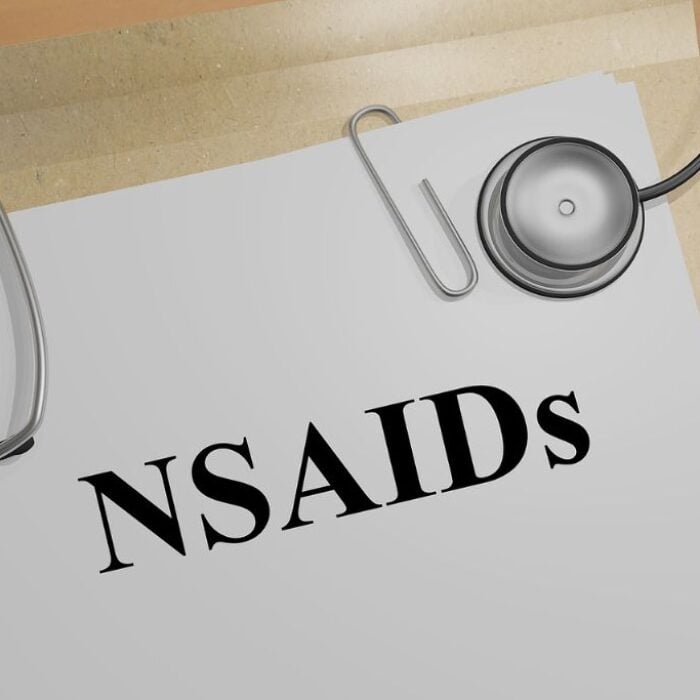Senate Passes Bipartisan Opioid Addiction and Recovery Bill
LOS ANGELES, March 16, 2016 – The Senate passed bipartisan legislation on March 10, 2016, designed to combat the opioid epidemic in the United States. The landmark bill is known as the Comprehensive Addiction and Recovery Act (CARA). It represents the largest legislative action to date, targeting the country’s ongoing opioid problem.
The Waismann Method® applauds the Senate for taking action against opioid abuse and urges the House of Representatives to sign off on the bill. CARA appropriates resources to prevent and treat opioid addiction, making it a seminal achievement of the Senate. Dr. Michael Lowenstein, Medical Director of the Waismann Method Medical Group, stated, “I am encouraged by the Senate passing the bipartisan CARA measure. The passage of this bill shows that lawmakers are ready to get serious about the opioid addiction epidemic in our country.” Dr. Lowenstein continued, “My enthusiasm is tempered by the knowledge that passing this bill simply represents the first step in a long battle against opioid dependence and addiction. I have seen heroin and prescription opioid painkiller abuse ravage thousands of patients and their families over my two decades of practicing as an addiction medicine specialist. In addition to diverting patients away from the criminal justice system, we must invest our resources toward increasing access to effective treatment efforts. If more patients can access treatments such as medical detox programs, we can address the opioid addiction problem at its source. An effective and humane medical detoxification gives patients the chance they need to engage in the psychological and psychiatric treatment needed to sustain a successful recovery from opioid addiction.”
CARA includes several provisions aimed to address the opioid epidemic. It would provide funding for educational and awareness programs among vulnerable populations, including young people. This is essential to prevent new users from engaging with heroin or prescription painkillers.
CARA represents a shift from the previous model of moving low-level drug offenders into the criminal justice system. As written, CARA will instead divert individuals away from prisons and into evidence-based treatment programs. Additionally, people in prison for drug offenses may have greater access to treatments that can help them transition to recovery.
CARA also provides resources to expand medication-assisted treatment programs that provide buprenorphine, methadone, and other opioid medications designed to wean patients from opioids. The long-term effectiveness of these medication-assisted treatments is unclear. By treating addicted patients with opioids, they may actually increase risk of abuse and relapse. However, this legislation represents a willingness to fund opioid treatment programs that has been lacking from previous legislative action.
The bill expands use of naloxone, an opioid antagonist medication that can reverse opioid overdose. Law enforcement officials and first responders will receive training in the use of naloxone to prevent overdose fatalities. This approach has been successfully used at the local level in numerous municipalities.
Importantly, the Senate’s passage of CARA does not mean that funds will be appropriated for these measures. Democratic senators waged an unsuccessful effort to appropriate $600 million in emergency funding for key provisions of CARA, an effort that was blocked by Republicans who argued that similar funds for anti-opioid measures have already been set aside but remain unspent. CARA will now move to the House of Representatives, where a similar bill has been pending for more than 12 months. The House of Representatives must swiftly take action to approve this important measure and expand funding for effective treatments for opioid dependence.
The Waismann Method Medical Group is in its exclusive location in Southern California, specializing in the treatment of opioid dependence and addiction since the late 90s. Dr. Michael Lowenstein, a quadruple board-certified medical doctor, serves as the medical director and is recognized as one of the top experts in anesthesia assisted opiate detoxification (Rapid Detox) and pain management. The center has established a superior reputation worldwide for achieving exceptional results with unparalleled safety protocols. This outstanding success is mainly due to their commitment to individualized care, individualized attention, quadruple board-certified medical director, facility credentials and an all-inclusive and comprehensive recovery retreat. Since Waismann Method Medical Group’s inception, thousands of individuals have been assisted in achieving a healthy recovery from opiate addiction.
Source:
The Miami Herald
















